As global health leaders prepare for the 2025 UN high-level meeting on non-communicable diseases (NCDs), oral health is finally gaining the recognition it deserves. As chair of the FDI Vision 2030 expert group and a leading voice in global health, Prof. Manu Mathur has been closely involved in guiding the implementation of the initiative. In this interview, he shares insights on what has been achieved so far and what lies ahead.
Prof. Mathur, what are the key lessons that you have learned from the past five years of implementing FDI’s Vision 2030?
Over the past five years of implementing FDI’s Vision 2030—a strategic road map launched in 2021 to improve global oral health systems—several important lessons have emerged. A key lesson is that strong global advocacy can drive policy change. FDI’s efforts, aligned with broader health agendas, helped catalyse the 2021 World Health Assembly resolution on oral health—the first such commitment since 2007. Launching Vision 2030 in tandem with this global momentum proved effective.
Another key lesson has been the recognition that integrating oral health into general health and NCD agendas is not only visionary but necessary. Oral health is increasingly mentioned alongside conditions such as cancer, diabetes and heart disease in global health discussions. “No health without oral health” is more than a slogan; it’s a reality now echoed in international declarations such as the 2024 Bangkok Declaration.
In addition to strategic alignment, implementing Vision 2030 has underscored that progress in oral health is a team effort. Engaging diverse stakeholders—governments, the World Health Organization, civil society, academia and fellow health professions—creates a unified voice that policymakers take seriously.
Underlying all of this is a commitment to equity. The guiding principle of the strategy has been to reduce inequalities in oral health. Five years on, we have made strides, but this lesson remains at the forefront: we will not achieve optimal oral health for all unless we focus on equity.
Looking ahead to the upcoming UN high-level meeting on NCDs, how can FDI position oral health in that context more effectively?
FDI can build on the momentum from recent global oral health milestones. The Bangkok Declaration explicitly calls for including oral disease and its prevention in the political declaration of the fourth UN high-level meeting on NCDs. This gives us a powerful advocacy tool.
To make the most of this opportunity, FDI should actively engage with countries that have shown leadership in oral health. This means providing talking points, data and success stories to health ministers and diplomats. FDI should encourage its network of national dental associations to reach out to their ministries of health. At the same time, FDI advocacy should also stress that policies such as sugar reduction, tobacco control and improved nutrition will curb not only diabetes, cancer and heart disease but also dental caries and periodontal disease.
“Integrating oral health into general health and NCD agendas is not only visionary but necessary.”
Maximising impact will also require strengthening partnerships with organisations such as the NCD Alliance, World Health Organization and other healthcare organisations. At the 78th World Health Assembly, FDI collaborated with the World Health Professions Alliance and NCD Alliance on joint statements. FDI also teamed up with the International Association for Dental, Oral, and Craniofacial Research to publish a joint advocacy document titled No Health Without Oral Health.
Going forward, FDI should aim to emerge from the 2025 high level meeting with tangible commitments that elevate oral health long-term. This could mean the inclusion of specific oral health targets and language that mandates regular tracking of oral health progress.
Can you tell us more about the Global Coalition for Oral Health? In your view, how can we harness its full potential to advance the goal of achieving oral health for all?
For the coalition to be impactful, it must fully embrace an all-hands-on-deck philosophy. That means actively involving non-state actors—dental associations, non-governmental organisations, researchers, community groups and even industries committed to health. To turn this vision into action, we can maximise the coalition’s potential by collectively identifying a set of priority actions and targets for the next five years. The coalition’s impact will depend on effective coordination and a clear division of responsibilities among members.
A wealth of innovation is already under way across industries. The coalition can serve as the clearing house for these ideas. FDI can help by gathering and disseminating case studies and toolkits. The coalition can also help prepare unified statements or campaigns for events such as the UN high-level meeting, World Health Assembly or G20 discussions. A unified voice helps not just raise awareness but push for meaningful policy change.
As the Global Coalition for Oral Health gains momentum, it will serve as a key mechanism to advance the goals of FDI’s Vision 2030 through collaboration, innovation and accountability. With Vision 2030 now at its midpoint, FDI will continue to drive progress by translating global commitments into national-level strategies and measurable health outcomes. To mark this milestone, a dedicated session on Vision 2030 will take place at the 2025 FDI World Dental Congress, providing the global oral health community with an opportunity to reflect on progress and chart the path forward.
Editorial note:
Prof. Manu Mathur is one of the speakers in a FDIWDC25 session, titled “Vision 2030: 5 years on, 5 years to go”, which will take place on 11 September from 11 a.m. to 12:30 p.m. More information about the congress can be found here.
Tags:
SHANGHAI, China: After nearly two decades, the FDI World Dental Congress (FDIWDC) returns to mainland China this week. Co-hosted by FDI World Dental ...
As oral health takes on growing importance within broader public health strategies, data-driven insights are becoming essential for shaping effective policy...
As the global dental community prepares to gather in Shanghai for the 2025 FDI World Dental Congress (FDIWDC25), the spotlight turns to the next generation ...
SEOUL, South Korea: Osstem Implant, a global leader in dental solutions, is announcing its participation in the upcoming FDI World Dental Congress ...
SHANGHAI, China: The launch of the campaign for World Oral Health Day (WOHD) 2026 will take place during the 2025 FDI World Dental Congress (FDIWDC25), ...
SHANGHAI, China: The third edition of the highly anticipated FDI Young Dentists Forum is designed to support and inspire the next generation of dental ...
Live webinar
Tue. 10 March 2026
4:00 am EST (New York)
Assoc. Prof. Aaron Davis, Prof. Sarah Baker
Dr. Anna Lella, Ms. Francesca Nava
Prof. Hani Ounsi DDS PhD FICD, Dr. Amr Ghanem
Luís Lourenço, Dr. Nokukhanya Makwakwa



 Austria / Österreich
Austria / Österreich
 Bosnia and Herzegovina / Босна и Херцеговина
Bosnia and Herzegovina / Босна и Херцеговина
 Bulgaria / България
Bulgaria / България
 Croatia / Hrvatska
Croatia / Hrvatska
 Czech Republic & Slovakia / Česká republika & Slovensko
Czech Republic & Slovakia / Česká republika & Slovensko
 France / France
France / France
 Germany / Deutschland
Germany / Deutschland
 Greece / ΕΛΛΑΔΑ
Greece / ΕΛΛΑΔΑ
 Hungary / Hungary
Hungary / Hungary
 Italy / Italia
Italy / Italia
 Netherlands / Nederland
Netherlands / Nederland
 Nordic / Nordic
Nordic / Nordic
 Poland / Polska
Poland / Polska
 Portugal / Portugal
Portugal / Portugal
 Romania & Moldova / România & Moldova
Romania & Moldova / România & Moldova
 Slovenia / Slovenija
Slovenia / Slovenija
 Serbia & Montenegro / Србија и Црна Гора
Serbia & Montenegro / Србија и Црна Гора
 Spain / España
Spain / España
 Switzerland / Schweiz
Switzerland / Schweiz
 Turkey / Türkiye
Turkey / Türkiye
 UK & Ireland / UK & Ireland
UK & Ireland / UK & Ireland
 Brazil / Brasil
Brazil / Brasil
 Canada / Canada
Canada / Canada
 Latin America / Latinoamérica
Latin America / Latinoamérica
 USA / USA
USA / USA
 China / 中国
China / 中国
 India / भारत गणराज्य
India / भारत गणराज्य
 Pakistan / Pākistān
Pakistan / Pākistān
 Vietnam / Việt Nam
Vietnam / Việt Nam
 ASEAN / ASEAN
ASEAN / ASEAN
 Israel / מְדִינַת יִשְׂרָאֵל
Israel / מְדִינַת יִשְׂרָאֵל
 Algeria, Morocco & Tunisia / الجزائر والمغرب وتونس
Algeria, Morocco & Tunisia / الجزائر والمغرب وتونس
 Middle East / Middle East
Middle East / Middle East






















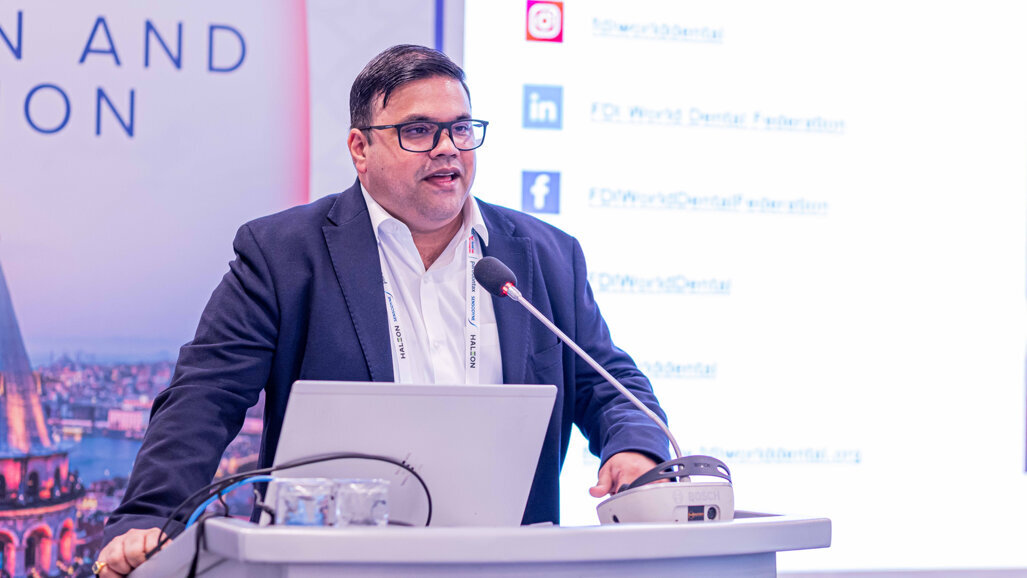

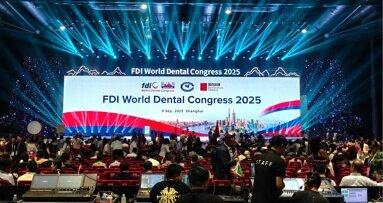

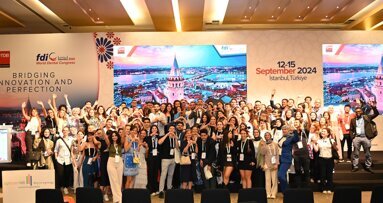


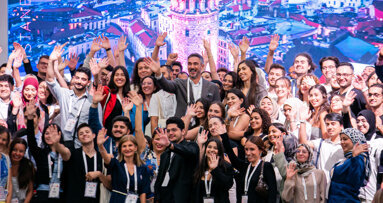













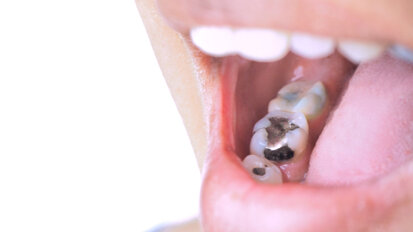

To post a reply please login or register